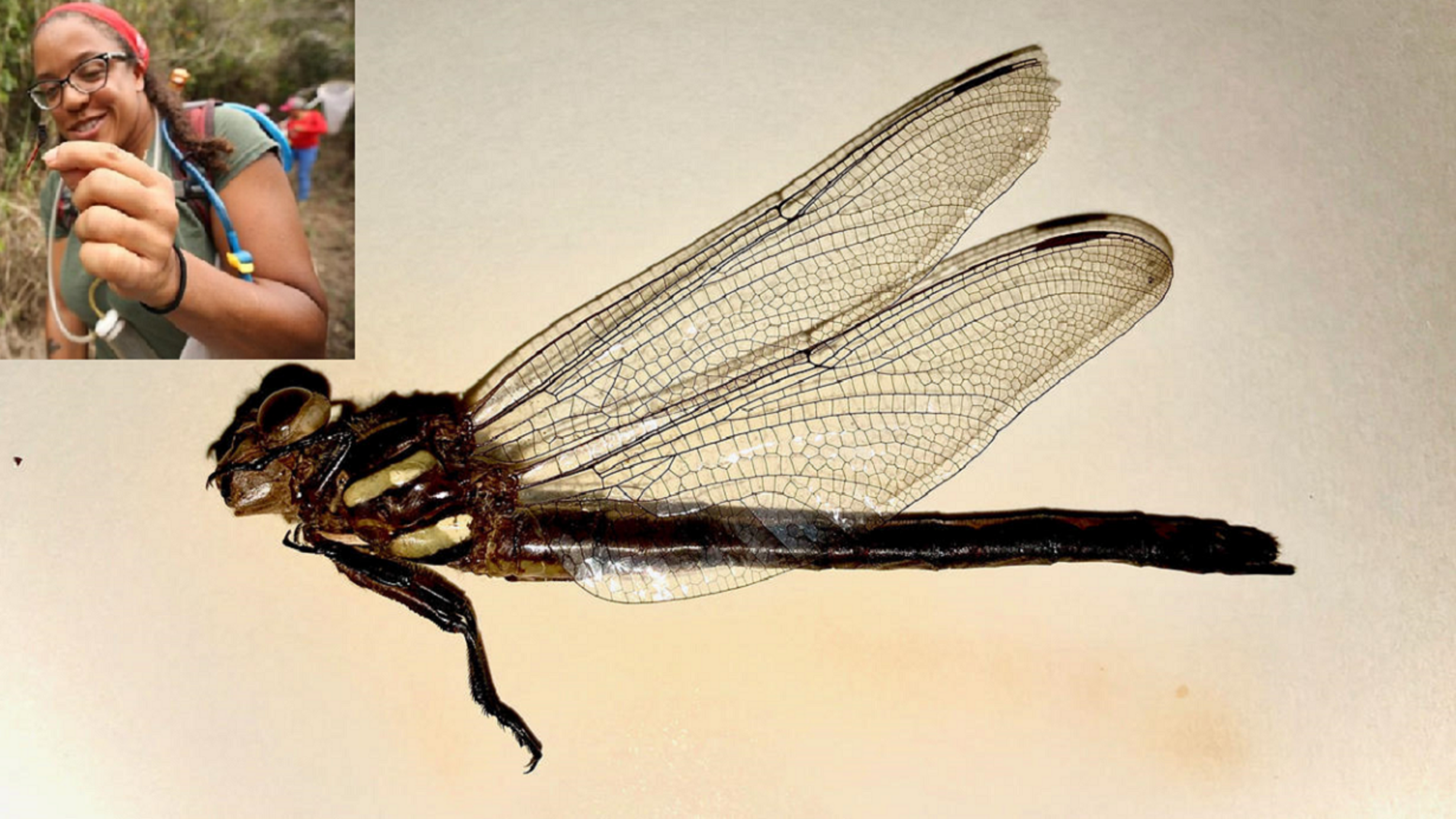Dragonflies and Damselflies: Ecology, Evolution and Use in Education
Part of Educators
Part of Educators

Join us for a special evening for educators with Jessica Ware, Associate Curator, Odonata and Non-Holometabolous Minor Orders, Invertebrate Zoology.
Dragonflies and damselflies comprise the Odonata, which are among the oldest orders of winged insects. These insects have a rich fossil record, and are ubiquitous in aquatic habitats today. Their egg and nymph stages are spent in freshwater, emerging finally as terrestrial adults. Ware uses morphology and genetics/genomics to unravel the evolutionary history of insects, with a focus on egg-laying strategies. Dragonflies and damselflies are terrific organisms to incorporate into K-12 curricula! They are commonly seen, and tend to elicit a positive visceral response from students. In this session, Ware will discuss how the evolution of color, dispersal, flight, and predation, can be highlighted using these insects in the classroom.
This is a free online event for 6–12 teachers. One hour of CTLE credit available.
Jessica Ware is an associate curator in the Division of Invertebrate Zoology at the American Museum of Natural History. Ware’s research focuses on the evolution of behavioral and physiological adaptations in insects, with an emphasis on how these occur in Odonata (dragonflies and damselflies) and Dictyoptera (termites, cockroaches and mantises). Her research group focuses on phylogenetics/phylogenomics and uses these tools to inform their work on reproductive, social and flight behaviors in insects.